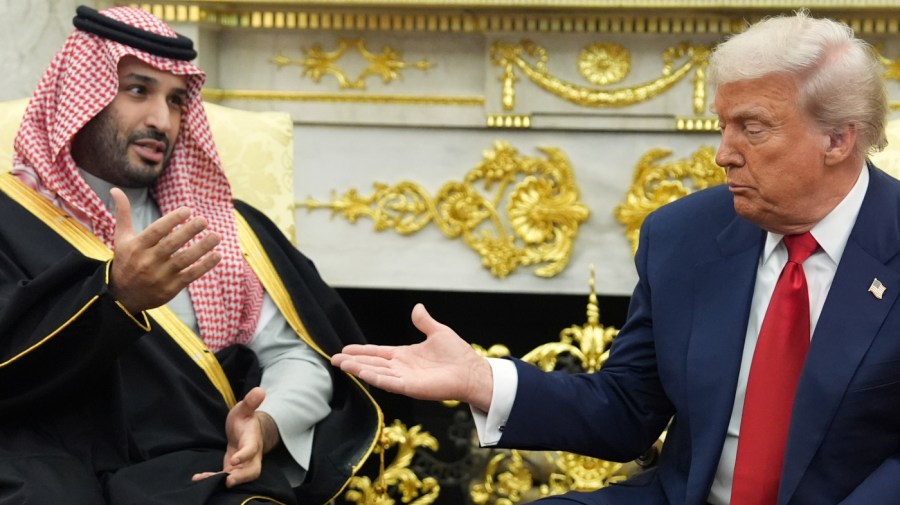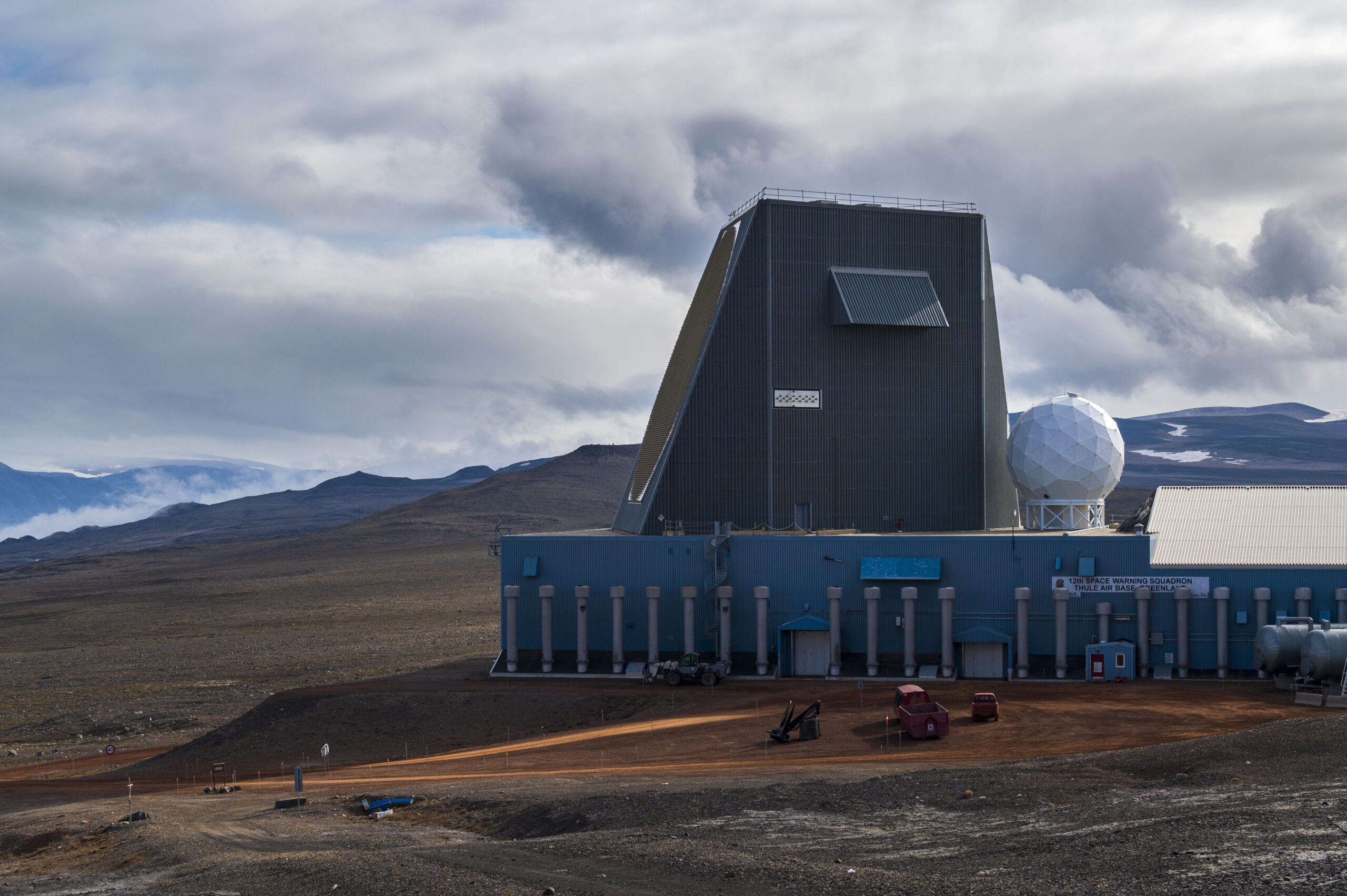The Gulf states have adopted a strategic approach to ensure regional stability by engaging in tailored partnerships, focusing on building relationships that address specific challenges. This shift reflects a broader understanding that traditional methods of maintaining stability are no longer effective in the complex geopolitical landscape of the Persian Gulf.
New Strategies for Stability
The need for a flexible geopolitical strategy has become increasingly evident for countries in the Gulf region. A recent analysis highlights how these states are prioritizing diplomatic and economic ties to foster stability, replacing reliance on unilateral actions or broad agreements. This method of purchasing stability on a deal-by-deal basis allows for more targeted responses to regional issues.
For instance, nations such as Saudi Arabia and the United Arab Emirates are actively seeking partnerships that not only enhance security but also promote economic growth. The approach involves engaging with various regional and international players, reflecting a pragmatic understanding of the evolving power dynamics.
The Role of Economic Partnerships
Economic considerations play a critical role in the Gulf’s strategy. As highlighted by experts, the economic interdependence created through these partnerships leads to a more stable environment. Investments in infrastructure, technology, and trade agreements are central to this approach. For example, the Gulf Cooperation Council (GCC) has been instrumental in fostering economic ties that extend beyond immediate security concerns.
The recent investments in renewable energy projects, particularly in Saudi Arabia, showcase how economic collaboration can also align with broader global objectives, such as sustainability. Such initiatives not only address local needs but also position the Gulf states as leaders in the transition to a greener economy.
This strategic pivot comes as regional conflicts and global uncertainties continue to challenge traditional notions of security. By prioritizing flexible, relationship-based strategies, the Gulf states are positioning themselves to navigate these complexities more effectively.
In conclusion, the Gulf states’ focus on building stability through strategic partnerships reflects a significant shift in their geopolitical approach. By embracing a model that prioritizes tailored relationships over broad agreements, these nations are not only addressing immediate challenges but also setting the stage for long-term stability in the region.







